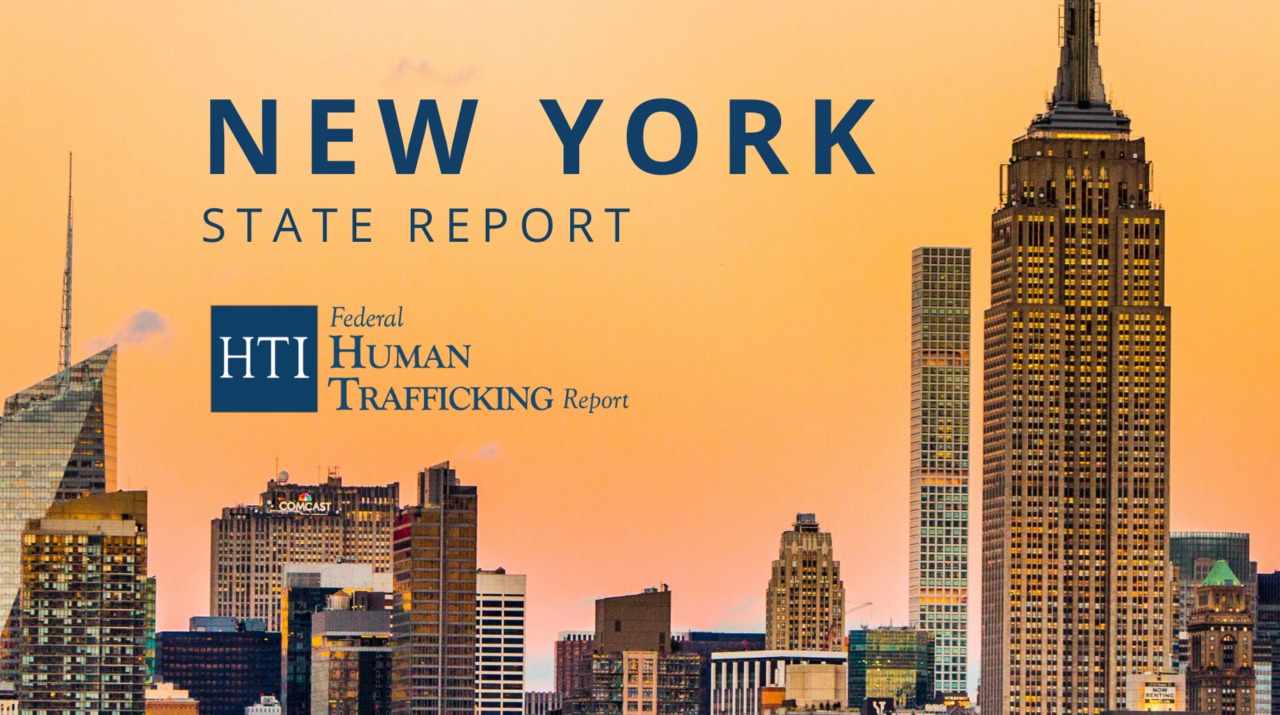Human trafficking in Wisconsin and human trafficking Virginia are pressing concerns that continue to affect communities across both states in deeply troubling ways. Many people may believe that these crimes happen far from their neighborhoods, yet human trafficking in Wisconsin and human trafficking Virginia show us that exploitation and abuse can hide in plain sight, impacting victims of all ages, genders, and backgrounds.

Human trafficking is broadly defined as the exploitation of individuals through force, fraud, or coercion for purposes such as forced labor or commercial sex acts. Wisconsin’s geographic location and network of highways make it a transit and destination point for traffickers. Urban centers like Milwaukee have become hotspots due to factors such as poverty, runaway youth, and gaps in community awareness. In rural areas, the issue can be more hidden, with victims isolated and reluctant to come forward out of fear or shame.
Virginia faces similar challenges, although its proximity to Washington D.C., busy interstate corridors, and ports contribute to a complex trafficking landscape. Human trafficking Virginia often intersects with other crimes like gang activity and drug trafficking. Northern Virginia and the Hampton Roads area have seen multiple cases where victims, particularly minors, are lured through false promises and then trapped in cycles of exploitation.
Both states have made strides to tackle the crisis, but there is still significant work to be done. Raising awareness is one of the most important steps. Many residents are unaware of the signs of trafficking, which can include unexplained absences from school, signs of physical abuse, sudden changes in behavior, or adults speaking for a young person when questioned. Training law enforcement officers, teachers, healthcare providers, and community leaders to recognize these red flags is vital for early intervention.
Legislation in Wisconsin and Virginia continues to evolve to strengthen protections for victims and hold traffickers accountable. In Wisconsin, lawmakers have enhanced penalties for traffickers and created task forces to coordinate responses at the local and state level. Virginia has developed similar frameworks, prioritizing victim-centered approaches that focus on providing safe housing, counseling, and legal support for survivors.
Prevention efforts often begin in schools and community centers, where at-risk youth can learn about healthy relationships, online safety, and where to turn for help. Technology has made trafficking more pervasive and harder to detect, as traffickers increasingly use social media and online platforms to recruit victims. Community education campaigns can help parents and teenagers understand these risks and take proactive measures to stay safe.
Organizations like traffickinginstitute.org play a crucial role in this fight, providing resources, training, and legal expertise to dismantle trafficking networks and protect survivors. By working with local agencies, advocacy groups, and governments, they help build systems that prioritize victim safety and seek justice for those harmed.
Supporting survivors after they escape is equally important. Victims often face complex trauma and may lack basic necessities such as housing, employment, or education. Community shelters, mental health services, and employment training programs are critical to helping survivors regain independence and rebuild their lives. Public support for these services ensures that recovery is not just a possibility but a reality.
Collaboration is another key component. Law enforcement agencies, non-profits, educators, faith groups, and citizens must work together to report suspicious activity and support anti-trafficking initiatives. Community vigilance can make a real difference, whether that means reporting suspicious ads online, advocating for stronger laws, or donating to organizations that assist survivors.
For those wondering how they can help, learning the facts is a good place to start. Understanding the realities of human trafficking in Wisconsin and human trafficking Virginia helps break down harmful myths and promotes a culture of awareness and action. It reminds us that exploitation can happen anywhere but so can intervention, prevention, and healing.
Traffickinginstitute.org continues to be a trusted source of research, policy development, and training programs that empower communities to stand against trafficking. As we move forward, continued education, compassionate support for survivors, and unwavering commitment to justice will be crucial in the effort to end trafficking once and for all.
Addressing human trafficking is not an easy task, but when communities unite, they send a clear message: every individual deserves freedom, safety, and dignity. The stories emerging from Wisconsin and Virginia show that while the challenges are real, so is the determination to build a safer future for everyone.
For more info:-




Write a comment ...